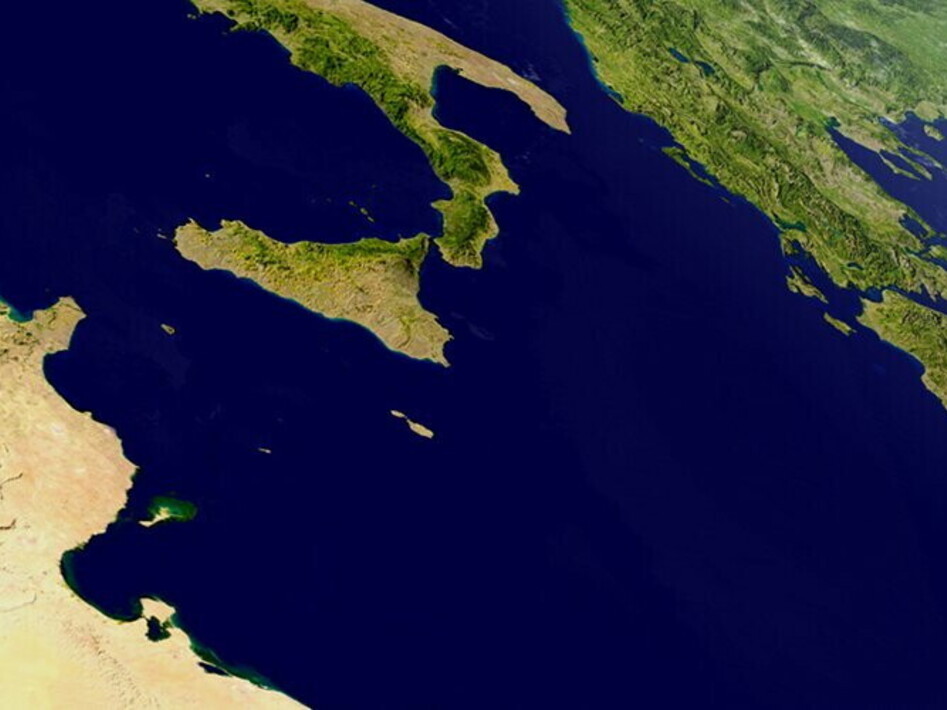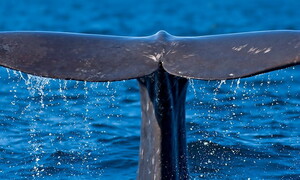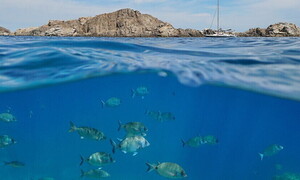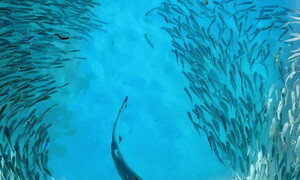When the Mediterranean Sea disappeared
20 September 2024

There was a time when the Mediterranean Sea did not exist. In its place lay vast expanses of salt and a few highly saline lakes. The disappearance of the sea is known as the Messinian Salinity Crisis, named after the Sicilian city of Messina. This event took place approximately 5.5 million years ago, at the end of the Miocene epoch. Due to tectonic plate movements, the Mediterranean was cut off from the Atlantic Ocean, causing the water to evaporate and leaving behind a thick layer of salt on the basin floor. This led to the mass extinction of local marine life. The Messinian Salinity Crisis is considered the largest extinction event on Earth since the one that caused the disappearance of the dinosaurs. It resulted in the extinction of around 90% of endemic species—those native to the region—including all coral species. Perhaps, though it remains uncertain, only a few species like sardines managed to survive.
When the Mediterranean eventually reconnected with the Atlantic ocean, waters poured into the basin, refilling it with a colossal waterfall. Along with the water came fish, crustaceans, and other typical Atlantic species. Thus began a slow process of recolonization by oceanic life, which took over 1.7 million years to restore the species richness that had been lost during the crisis. The fauna inhabiting the Mediterranean today is the result of this long, ancient process of recolonization.
This event, now lost in the depths of time, has left its geological mark in the form of vast salt deposits buried beneath a thick layer of sediment. The Messinian Crisis serves as a powerful reminder of the profound impact large-scale environmental changes can have on life, and of the pressing need to preserve the biodiversity of our planet. In particular, the ancient history of the Mediterranean underscores the importance of safeguarding its endemic species today, as they represent a unique and fragile biological heritage. Understanding the past provides us with the tools to protect this unique ecosystem for future generations.


